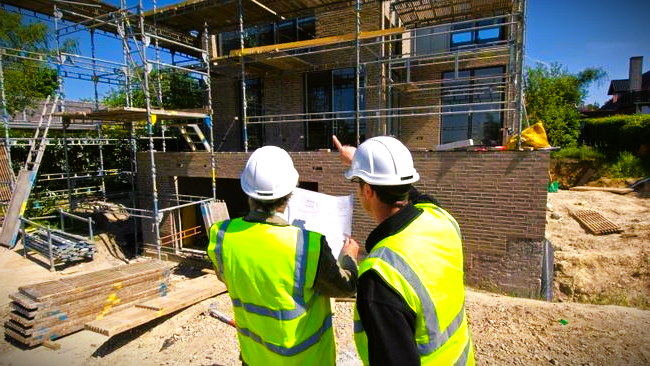

Why the UK Needs Urgent Reform in Planning and Building Regulations
Britain’s housing crisis is not simply the result of rising immigration, but of deep-rooted systemic issues, outdated planning laws, lack of urban development vision, and political hesitation to challenge local opposition. The UK’s planning framework is no longer equipped to meet the demands of a modern, growing population.
Efforts to revive the high street through retail regeneration have largely failed in the face of digital commerce dominance. Instead, underused urban land such as empty retail units, car parks, and industrial sites should be converted into high-density, sustainable housing. Cities like Manchester show that building upwards can be effective, provided modern safety and quality standards are maintained to avoid repeating the mistakes of the 1960s.
Urban planning must also prioritise public safety. Proposals such as gated communities for vulnerable populations could help reduce crime and improve quality of life in inner-city areas. Furthermore, integrating sustainability into housing through mandatory solar panels, rainwater recycling, and green building materials is not just environmentally responsible, it’s long overdue.
Addressing the housing shortage also means solving the construction workforce gap. The UK must train at least 100,000 skilled tradespeople and reform the education funding model to encourage trade apprenticeships over underutilised academic degrees.
Finally, housing governance must shift from centralised control to local, ring-fenced funding and decision-making, with independent panels making timely, evidence-based planning decisions. Without comprehensive, bold reform across these areas, the UK will continue to fall far short of its housing goals regardless of political promises.


















